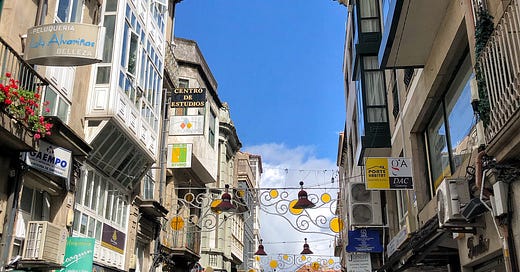Unseen Spain: The battle facing barrio businesses
It's time to adjust the lenses through which we view small businesses.
One of the great things about cheek-by-jowl urban living is that you get to see the true character and textures of Spain.
Sometimes you see (and hear) too much.
The kitchen of my first Madrid flat looked out on the building’s interior patio, inhaling the echoes of radios, televisions, phone calls, domestic shouting matches and the subsequent peace (love) making. It also looked across at a bathroom whose owner performed his daily top-to-toe grooming routine au naturel with the window open.
The trade-offs in the barrio (neighbourhood), however, pay off.
Dense, multi-service barrios make it possible to have essential services and nice things on doorsteps. The proximity that comes with barrio living in Spain allows locals to buy fresh foods and ingredients each day. It makes it possible to pop in and out of bars and bakeries, butchers and bookshops to run errands and take care of social relationships.
“Barrio is a word beloved in Spanish for the connotations it has of friendship and conn…




